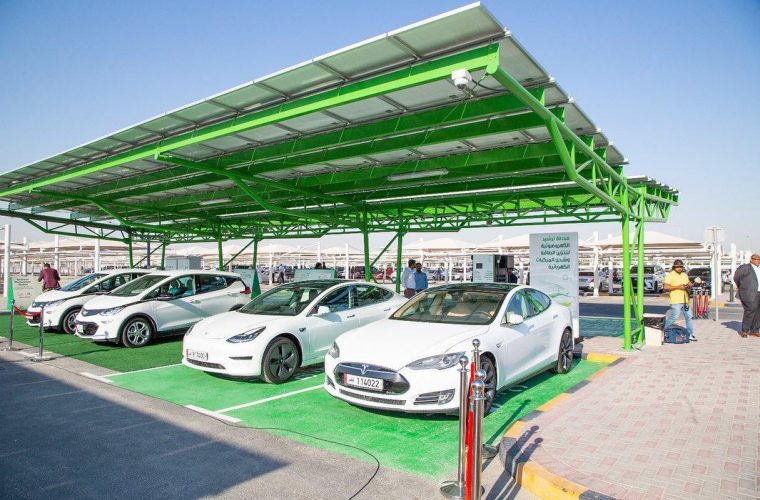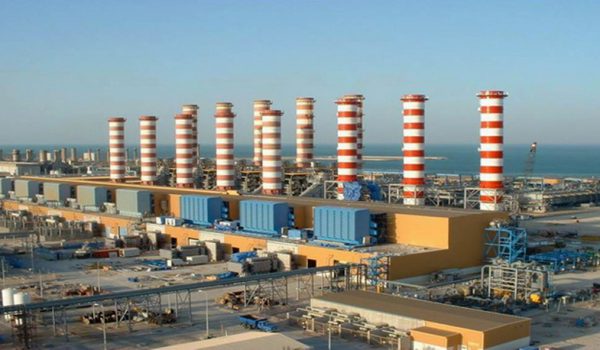This year, 150 charging stations will be installed in across the country to encourage more environmentally friendly transportation.
All Woqod fuel stations are set to have electric vehicle (EV) charging units in just two years’ time, Qatar General Electricity and Water Corporation (Kahramaa) has revealed.
The latest announcement aligns with the country’s efforts to promote environmentally friendly transportation and reduce carbon emissions.
The project is set to be fully completed within two years, authorities added.
“Following an agreement between Kahramaa and Woqod, DC fast charging stations will be installed at all Woqod stations operating across the country within two years,” said Mohammed Al Sharshani, Head of the Sustainable Transportation Unit at Kahramaa.
Speaking to Qatar TV, the official revealed that Kahramaa and Woqod signed a contract for the provision, installation, and maintenance of 37 DC fast charging units for electric vehicles (EV) at Woqod stations in November of last year.
He also revealed that Kahramaa had started putting in EV charging stations at the Woqod gas station in Abu Samra.
“Gradually, the EV charging stations network will be expanded to all Woqod stations where motorists can charge their electric vehicles like they are refuelling their cars,” said Al Sharshani.
“Kahramaa is committed to providing EV charging stations across the country following the sustainability goals of Qatar National Vision 2030.”
Al Sharshani noted that the charging speed is dependent on the power connections of charging stations and that a charging unit with 50 kW takes 40 minutes to fully charge a vehicle.
However, he claimed that the 100kW and 150kW charging units can fully charge a car in 30 and 20 minutes, respectively. Al Sharshani also revealed that a feasibility study is being conducted to determine whether the power connection could be increased to 300kW in the future, which would cut the charging time to just 10 minutes.
Plans for further extensions are still ongoing.
“We installed about 100 fast EV charging stations in Qatar in 2022. Now we are in the second phase under which 150 charging stations will be installed in 2023 across the country to serve the motorists.”
According to the plan, he explained, Kahramaa plans to set up 600 to 1,000 EV charging stations by 2025 and 2030 in order to promote green transportation across the nation in a bid to reduce carbon emissions. This comes in line with the QNV 2030’s objectives for economic and environmental sustainability.
“The installation of fast charging stations began at government buildings, malls, hotels, Woqod stations, public and private parking areas with an ambition to expand the network across the country, and creating awareness among motorists to adopt electric vehicles,” the official said regarding the various locations.
Electric vehicles are a significant development in sustainable transportation as a cleaner substitute.
After they are manufactured, EVs do not contribute to air pollution, with the exception of the sparing use of coal-fueled charging stations.
With the battery manufacturing process being where the majority of emissions are generated, an EV’s overall emissions can be assessed even before it is powered on for the first time.
On the other hand, ICE vehicles emit CO2 whenever their engines are running. A gasoline-powered passenger car typically emits 5 to 6 metric tons of CO2 annually.







